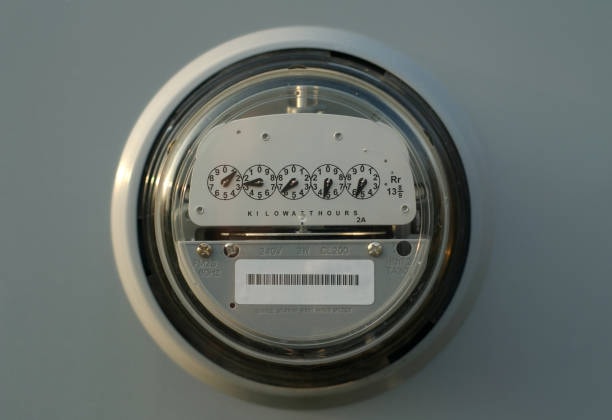
Most people use the units kilowatts (kW) and kilowatt-hours (kWh) when talking about electrical energy, such as that produced by solar panels, and power consumption. Even though these units look alike, they are measuring different concepts in energy, showcasing the difference in their applications . Having a strong understanding of Watt and Kilowatt-hour helps homeowners, electrical engineers and conscious consumers interpret their power usage or look over their electricity bill accurately.
Power in Kilowatts Conversion Formula
Power which is measured in kilowatts (kW), is the amount of energy consumed or created per second. In other words, kilowatt-hours (kWh) indicate the amount of total energy used by an electrical device during a time span. An example is that a 1 kW appliance on for 1 hour has used one kWh of energy. The difference between kW and kWh mean you know how much power a device requires and the total amount it consumes. You must understand this distinction to determine how manage energy efficiently and cost your utilities and devices wisely.
What is a Kilowatt (kW)?
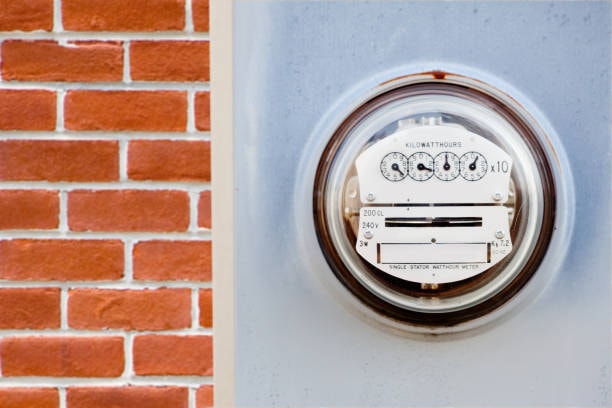
Kilowatt is a unit used to measure energy consumption or production at any given rate. A kilowatt, which is also known as one kilowatt, means one thousand watts. It gives the amount of energy activated or released by an electronics device in a given instant, reflecting its generating capacity . A heater with a 2 kW rating uses 2,000 watts of power as it operates.
What is a Kilowatt-Hour (kWh)?
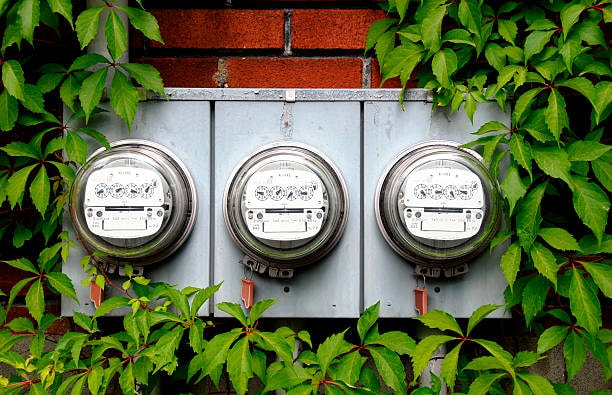
However, a kilowatt-hour is a way to measure energy, not power. The energy meter records the amount of electricity used or created over different times, which is often measured in watt hour . One kWh, which is often used to describe how kwh measures energy, shows how much energy is used by a 1 kW device after it has run for an hour. A 2 kW heater operating for three hours can help you understand how many watts of energy it uses, amounting to 6 kWh of energy (2 kW running for three hours equals 6 kWh). Still, kilowatt-hour (kWh) refers to energy instead of power. It refers to the volume of power counted by an energy meter in a specific time frame. One kWh stands for a device drawing power at 1 kW for one hour. As an illustration, if a 2 kW heater is used for three hours, it will use up 6 kWh of energy (during this amount of time).
The Relationship Between kW and kWh Energy Costs
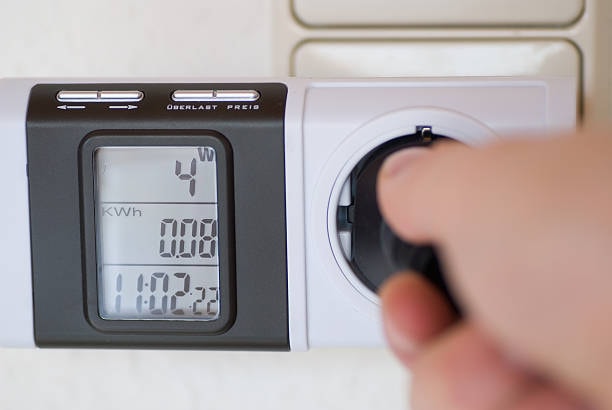
We can tell kW and kWh apart by the duration of their usage. Kilowatts show how much energy is being used at any moment, but kilowatt-hours tell you the total energy, or amount of electricity, that has been used within that period. Simply multiply the power given in kW by the length of time in hours that the appliances use kWh, which is a common measurement, to convert these two units, kilowatts and kilowatt-hours, into kilowatt-hours and complete this conversion.
It’s easy to explain in terms of a conversion formula to convert kilowatts into kilowatt-hours .
A quantity of kWh is found by multiplying kW by the wattage of your devices and the number of hours, which is how you can calculate kw for your energy consumed, especially if you include battery storage .
Anyone can use this equation to calculate how much electricity a range of appliances use, which helps with budgeting and managing your electrical power costs effectively, while creating efficient energy systems.
Practical Example of kW to Calculate kWh Conversion
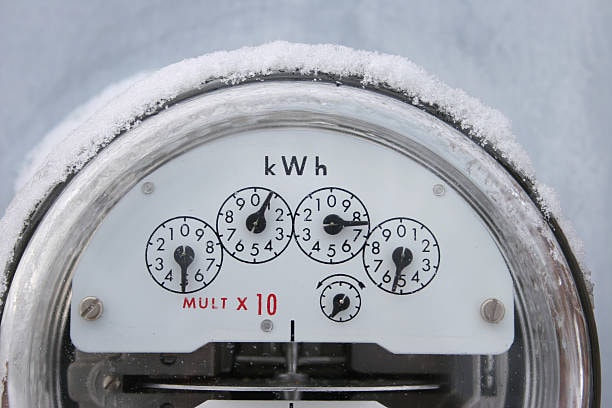
Let’s say the air conditioner we are looking at draws 3 kilowatts of power. That day’s consumption would be equal to: after one hour of operation.
3 kW×4 hours=12 kWh3 , thus representing electricity power in kilowatts 3×4 kWh = 12, where kwh represents the energy used.
Over one complete month, the energy usage from the solar array would look like this:
Thirty days’ use of 12 kWh/day produces 360 kWh of energy consumed over the month.
It shows that looking at your electricity usage helps you to view monthly use in a meaningful way when going over utility expenses and optimizing your systems .
Why the Conversion Matters
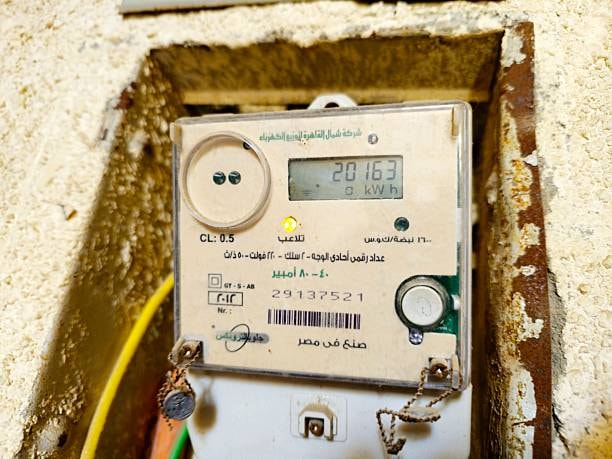
For anyone who wants to follow energy use closely, it is necessary to change kilowatts to kilowatt-hours. You’re typically charged by your provider for kilowatt-hours rather than for how many kilowatts you immediately use. As a result, knowing the running time and the wattage of home appliances, as well as battery performance and ev chargers , can help you guess your energy costs, leading to a more manageable electricity bill.
As a result, it becomes simpler for those planning solar arrays or batteries to arrange the system correctly to facilitate energy transfer so that energy meets expectations.
Avoiding Common Misunderstandings
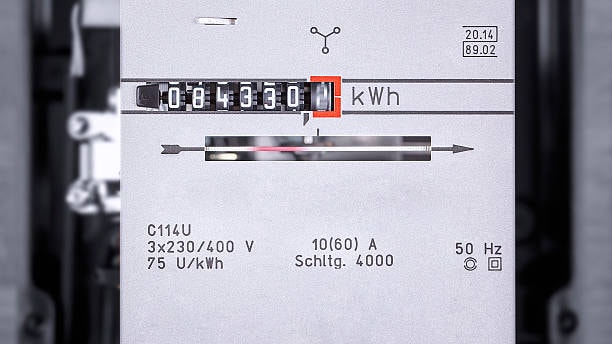
Many people make the mistake of thinking kilowatts can be used in place of kilowatt-hours. If you handle energy meters wrongly, you might find yourself with wrong calculations and misunderstandings about your energy consumed. You should know that kilowatts show power and kilowatt-hours measure energy over a particular time period, highlighting the difference between the two . Only by considering time can we use energy information from kilowatts.
Conclusion
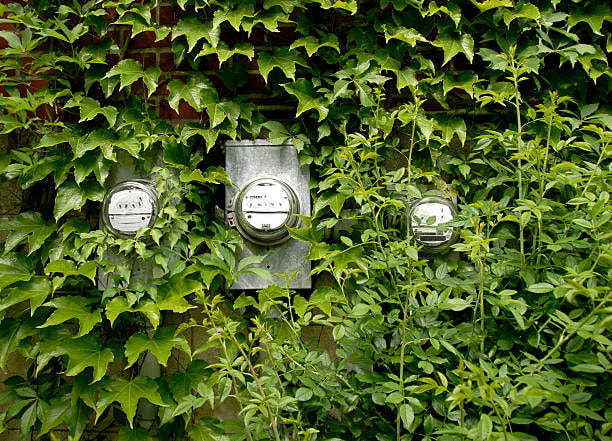
Understanding electricity usage starts with converting from kilowatts to kilowatt-hours, which helps to calculate kwh accurately . People and professionals can understand their regular energy use and analyze the data by knowing that kilowats tell us how much power is used at one moment and kilowatt-hours is a crucial measurement of how much energy is used over a period for managing energy costs .
To move from kilowatts to kilowatt-hours, you multiply your wattage by the running time of the device (in hours). For example, a heater providing 2 kilowatts running for 3 hours uses up 6 kWh of energy (2 kW × 3 hours = 6 kWh). Because of this simple calculation, users can find out how much energy an electrical device uses, its capacity, how effective the appliances are, and make plans to use less energy. Being familiar with this conversion helps you run your household budgets more efficiently and make energy usage more economical.
